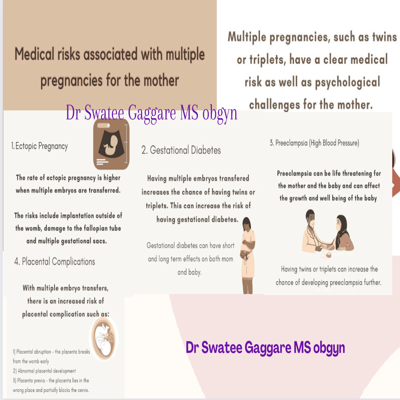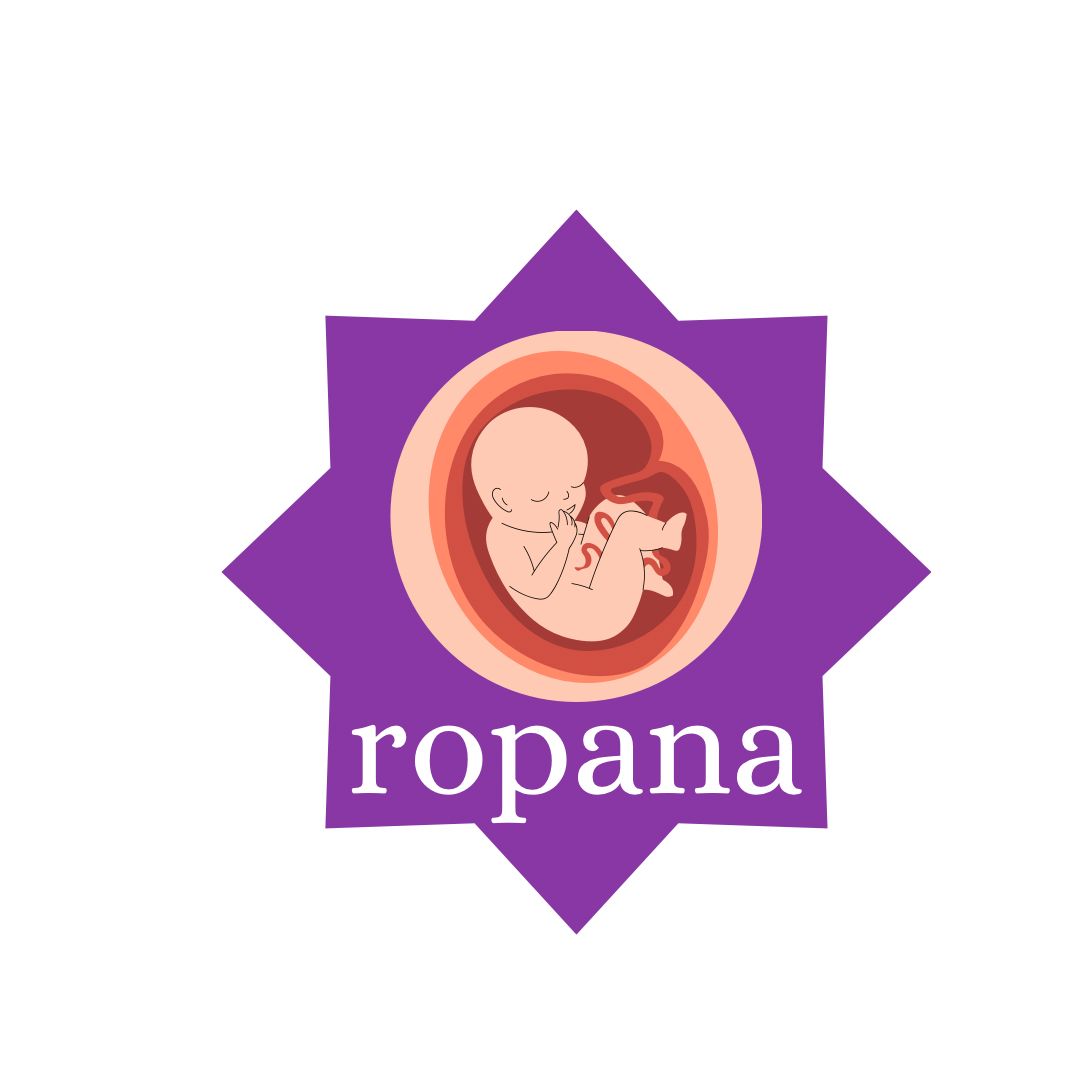+918048033182
Recently updated about

This is your website preview.
Currently it only shows your basic business info. Start adding relevant business details such as description, images and products or services to gain your customers attention by using Boost 360 android app / iOS App / web portal.
High-risk factors for pregnancy can include: 1...

High-risk factors for pregnancy can include: 1. Advanced maternal age: Pregnancies in women over 35 are considered higher risk due to increased chances of complications such as gestational diabetes, preeclampsia, and chromosomal abnormalities in the fetus. 2. Multiple pregnancies: Carrying twins, triplets, or more increases the risk of complications such as premature birth, low birth weight, and gestational diabetes. 3. Existing health conditions: Chronic conditions like diabetes, hypertension, obesity, and autoimmune disorders can increase the risk of complications during pregnancy. 4. Previous pregnancy complications:Women who have experienced complications in previous pregnancies, such as preterm birth, preeclampsia, or miscarriage, are at a higher risk for them in future pregnancies. 5. Smoking, alcohol, and substance abuse: These can increase the risk of miscarriage, preterm birth, low birth weight, and other complications. 6. Certain infections:Infections such as HIV, hepatitis B or C, and sexually transmitted infections can pose risks to both the mother and the fetus during pregnancy. 7. Poorly controlled preexisting medical conditions:Conditions such as diabetes, hypertension, and epilepsy that are not well managed before pregnancy can increase the risk of complications. 8. Lifestyle factors:Factors such as poor nutrition, lack of prenatal care, and high levels of stress can increase the risk of complications during pregnancy. It's important for women with these risk factors to receive appropriate prenatal care and monitoring to help manage and reduce the risks associated with their pregnancy. don’t forget to take help of your gynaecologist for smooth pregnancy outcome and reduce risk of morbidity in mother and baby, increase the chance of healthy mother and baby.

